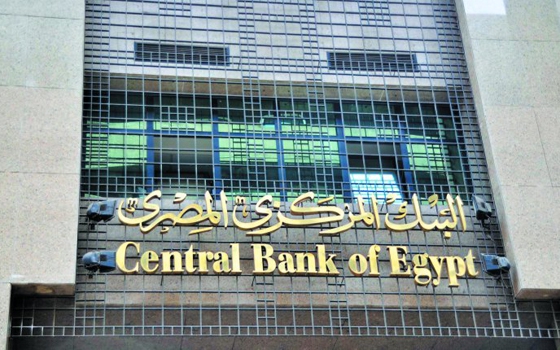The volume of foreign trade operations financed by banks since the flotation of the Egyptian pound on 3 November until 14 December reached $7.9bn, according to the Central Bank of Egypt (CBE).
The CBE said in a statement issued that the banks repaid letters of credit and documents of collections worth $4.6bn, which were previously issued, and new letters of credit worth $3.3bn.
According to Tamer Youssef, the head of the treasury department at a foreign bank operating in the local market, the volume mentioned by the CBE does not include the temporary facilities in foreign exchange previously obtained by the banks’ customers.
He added that the statement focused on the payment of letters of credit and the documents of collections issued by the banks for import operations, as they are usually repaid after a three- or six-month period.
Daily News Egypt learned that the CBE had asked the banks operating in the local market several days ago to prepare a detailed statement of import operations that were covered since the flotation.
The CBE revealed in a previous statement that Egyptian banks have secured the financing required to import food commodities and intermediate goods, and to secure the production supplies needed for medicines and vaccines worth $2.492bn since the flotation decision.
The banks financed food commodity imports worth $414.65m, as well as the import of intermediary goods, raw materials, and production supplies worth $1.459bn, while the import of medicines, vaccines, and chemicals was allocated at $97.6m.
Earlier this week, the leaders of the National Bank of Egypt (NBE) and Banque Misr revealed that the two banks financed total import operations worth about $2.8bn.
Mohamed El-Etreby, chairperson of Banque Misr, previously told Daily News Egypt that the import operations covered by his bank included commodities and other goods.
Daily News Egypt
22 December






















































